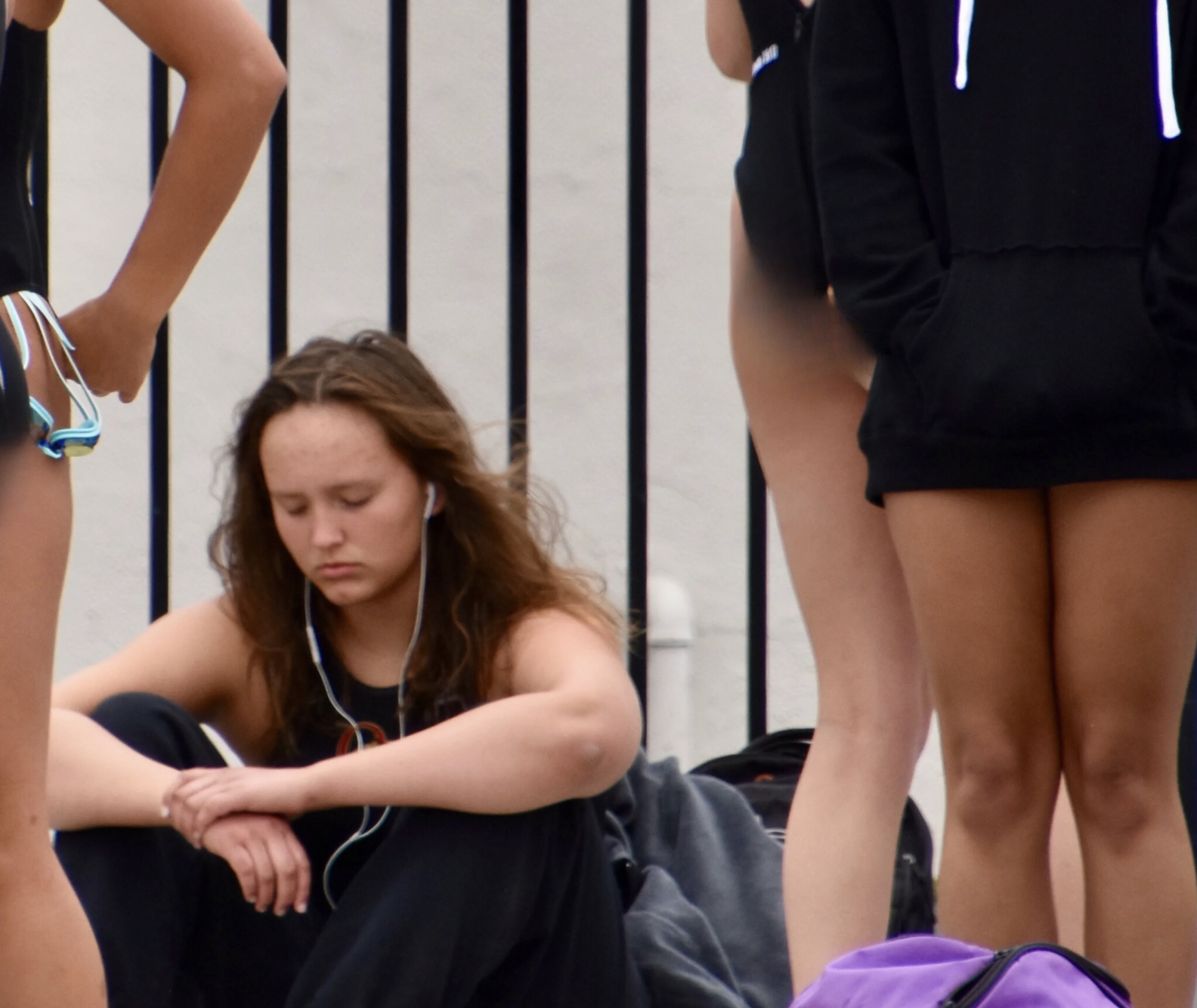
The Signs Your Athlete Needs A Break
The Signs Your Athlete Needs A Break. Five years ago, my daughter quit water polo. She had been on track to play in college, won a high school championship, and participated in Olympic Development programs. But she was tired, physically and mentally burnt out. She needed a break. But we didn’t see the signs early enough or chose to ignore them.
Sports participation offers kids immeasurable benefits, from learning about teamwork and discipline to increased physical health and self-esteem. However, pushing children to excel at all costs has become too common, and the side effect is that kids are quitting – more than 70% by age 13, getting injured or starting to hate a sport they once loved. As sports parents, safeguarding your child’s long-term well-being is imperative to raise happy, healthy, and successful athletes.
The Signs Your Athlete Needs A Break
1. Tired More Than Normal
Strenuous training regimens can take a toll on a growing body. They will naturally be sore and tired frequently. But If your child is feeling chronically tired, their sleeping patterns change, or they are sleeping more than usual, these could all indicate an overburdened system. Overtraining often hides behind the “performance improvement” mask, yet true growth happens during rest periods. Children need a robust recovery routine, and sometimes, that involves stepping back from training and spending a day or a week simply recharging.
Read more about how sleep affects performance and mental health.
2. Change In Performance
Kids are bound to have good and not-so-good games, but if a downward performance trend seems uncharacteristic and lasts for a long time, it might signal an underlying issue. A rest from the rigors of practice and competition can reignite your child’s excitement about their sport and improve their performance. I have seen my kids and many of their teammates come back from an injury or time away and play better than before.
3. More Emotional Than Usual
Children often have a lot of highs and lows, but if you notice a big change, they have frequent mood swings, or they become aggressive or depressed, these can all be signs of burnout and a reason to dig deeper. My daughter became anxious and more stressed than I had ever seen her. The anxiety escalated and seemed centered around games and practices.
4. Changing Attitude Towards Training
If your child expresses a sudden dislike or dread for their sport, makes excuses not to go to practices or games, or fakes injuries or sickness, these are clear warning signs they need a break. Kids will have occasional days when they don’t feel like going to practice, but if this becomes a regular occurrence, you must take action.
5. Social Isolation:
In the year leading up to my daughter quitting water polo, she seemed less interested in hanging out with her teammates. She was beginning to distance herself from the team. If you notice them becoming increasingly isolated during practices or games or declining social activities with the team, it’s time to take a step back and evaluate the situation.
Most kids will experience one or more of these on occasion, but if they happen frequently or if you notice several at once, it’s time to make a change. This doesn’t mean you need to pull your child off the team, but you do need to sit down and listen to how they are feeling and potentially make a change. This could be taking off one practice and surprising them with a trip to ice cream or the movies instead to recharge their batteries. Or it might mean they need a week off or an entire season. Regardless, it’s important to understand that this doesn’t mean they are done with sports. I have seen many athletes take time off and return stronger and happier. We are asking A LOT of our kids. We must listen to them and ensure they know they matter more than any sport.











